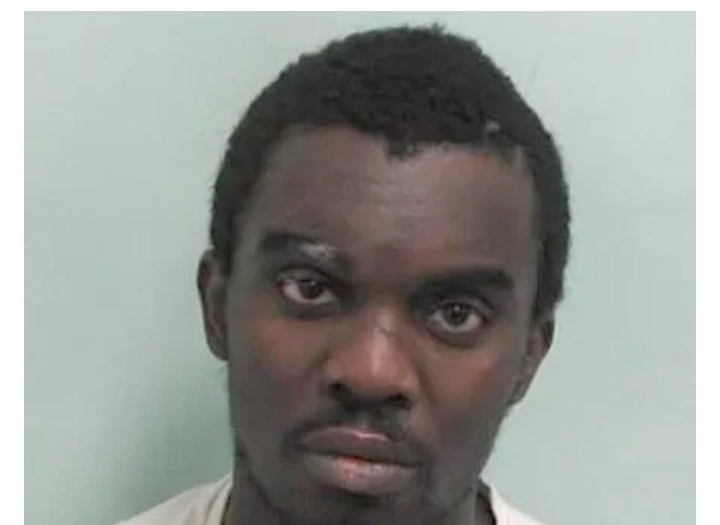Obina Christopher Ezeoke, a 32-year-old Nigerian, has won a human rights case in the UK after being convicted of murdering a mother and her nephew in north London. Despite this victory, Ezeoke will remain behind bars, serving his life sentence for the brutal killings.
In 2016, Ezeoke shot and killed Bervil Kalikaka-Ekofo, 21, and his aunt Annie Ekofo, 53, in their East Finchley apartment. The murders were reportedly a revenge attack targeting Ms. Ekofo’s son, Ryan Efey, after rivals shared footage of Ezeoke being attacked on Snapchat. Ezeoke used a vintage Western-style revolver to kill Bervil and a Smith and Wesson .44 to shoot Annie.
The case took an unprecedented five trials to conclude, with delays attributed to the presiding judge falling ill, hung juries, and the COVID-19 pandemic. Ezeoke’s defense team argued that these delays weakened their evidence, potentially making the final trial outcome unsafe.
The European Court of Human Rights ruled that the five-year court process breached Article 6 of the European Convention on Human Rights, which guarantees a fair public hearing within a reasonable time. However, the court rejected Ezeoke’s plea for immediate release, stating that his conviction and sentence were fair despite the delay.
Shadow Justice Secretary Robert Jenrick criticized the ruling, calling it “judicial activism” by the Strasbourg court. Ezeoke’s case highlights the challenges of balancing fair trial rights with accountability for serious crimes.
Notably, Ezeoke’s case is distinct from other high-profile murder cases in the UK, such as those of Stephen Akinmurele, a Nigerian immigrant known as “The Cul-de-sac killer,” who was suspected of killing elderly people in Blackpool and the Isle of Man.
Ezeoke will continue to serve his life sentence with a minimum term of 40 years for the brutal double murders. The ruling emphasizes the complexities of ensuring fair trials while holding individuals accountable for serious crimes.
Nigerian Convicted of double Murderer wins Human Rights Case in UK, Remains Jailed

